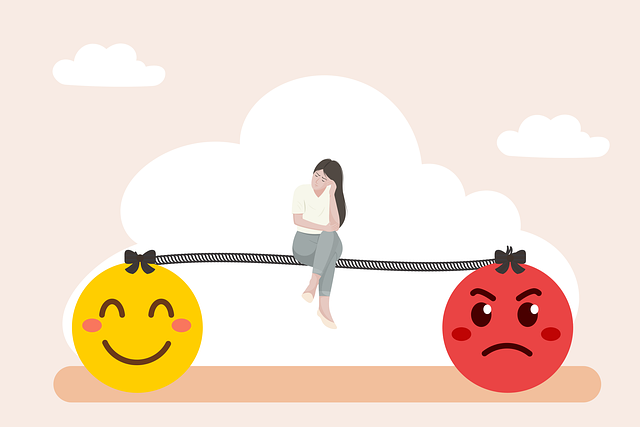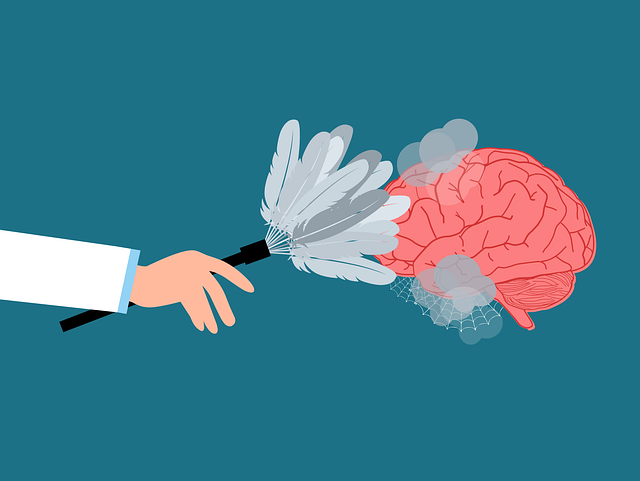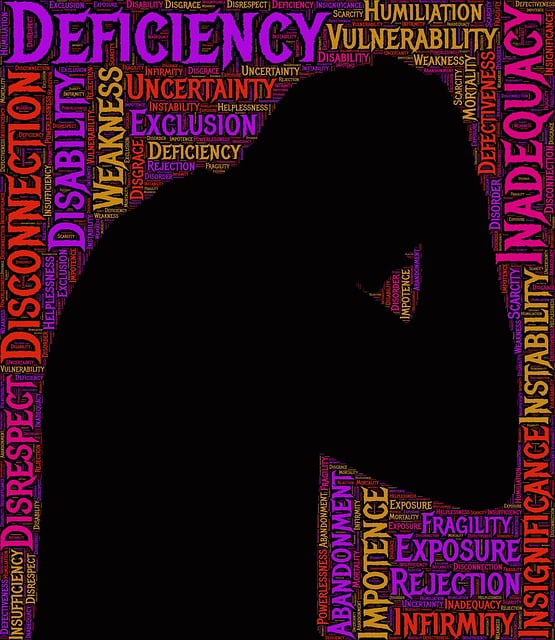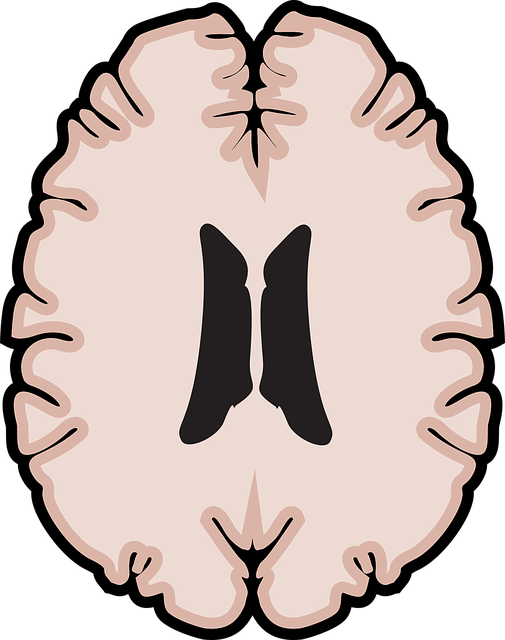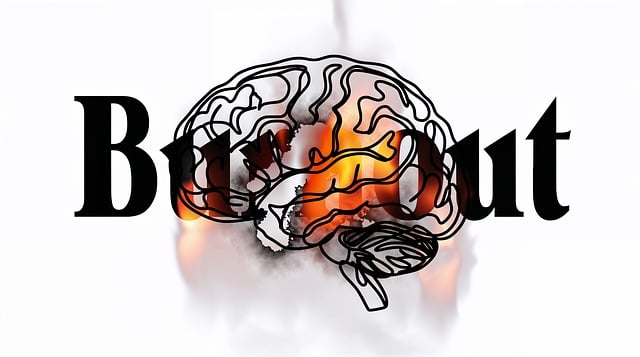In today's fast-paced world, children often struggle with self-care and emotional well-being. Early intervention through therapy, particularly using biofeedback, equips kids with tools to manage stress, anxiety, and emotional challenges. Organizations are integrating Stress Management Workshops and Empathy Building Strategies into schools and communities, fostering self-awareness, coping mechanisms, and a sense of belonging – key elements for children's development and resilience. Biofeedback teaches children to control bodily functions like heart rate and muscle tension, promoting relaxation and awareness. This holistic approach combines therapy with biofeedback to address symptoms and equip kids with lifelong self-care tools, enhancing emotional well-being from an early age.
Self-care is not just a trend; it’s an essential practice, especially for children. Understanding its importance is crucial for fostering overall well-being and resilience in young minds. This article explores effective strategies, with a focus on biofeedback as a powerful tool to enhance self-awareness and therapy techniques. We delve into practical ways parents can integrate these methods at home, promoting healthy habits that will benefit their children’s mental health. Discover how biofeedback and therapy together offer a holistic approach to nurturing young individuals.
- Understanding the Importance of Self-Care for Children's Well-being
- Introducing Biofeedback as a Powerful Self-Care Tool
- Integrating Therapy and Biofeedback: A Holistic Approach to Self-Care
- Practical Tips to Enhance Self-Care Practices at Home
Understanding the Importance of Self-Care for Children's Well-being

In today’s fast-paced world, it’s easy for children to get overwhelmed and neglected in terms of self-care. Understanding the importance of self-regulation from a young age sets them up for lifelong well-being. Therapy for Children, incorporating techniques like biofeedback, offers powerful tools to help kids manage stress, anxiety, and emotional challenges. These practices teach children valuable skills for recognizing and responding to their feelings, fostering emotional healing processes and building resilience.
Beyond therapy sessions, organizations are increasingly focusing on providing Stress Management Workshops and Empathy Building Strategies within schools and communities. These initiatives empower young individuals with coping mechanisms, self-awareness, and a sense of belonging, all vital components of a child’s overall well-being. By prioritizing self-care early on, we can ensure children thrive both emotionally and physically.
Introducing Biofeedback as a Powerful Self-Care Tool

Biofeedback is a powerful tool that offers individuals, especially children, a unique way to take charge of their physical and mental well-being. This therapy involves learning to observe and control various bodily functions, such as heart rate, muscle tension, and brain waves, which are often beyond our conscious awareness. By using sensors connected to a feedback device, users can see in real-time how their bodies respond to stress or relaxation techniques.
This method is particularly beneficial for children who may struggle with expressing or understanding their emotions. Through biofeedback training, kids can develop a stronger connection with their bodies and learn effective coping strategies. It encourages positive thinking by teaching them to manage stress and anxiety, boost confidence in their ability to regulate their physiological responses, and even enhance their performance in various activities. Public awareness campaigns that highlight the benefits of biofeedback could encourage its use as a valuable self-care practice for people of all ages.
Integrating Therapy and Biofeedback: A Holistic Approach to Self-Care

In today’s fast-paced world, integrating therapy and biofeedback offers a holistic approach to self-care, especially for children. Therapy for Children goes beyond addressing specific issues; it focuses on developing coping skills and fostering emotional resilience. By incorporating biofeedback techniques, young individuals learn to manage stress and regulate their physiological responses, enabling them to navigate life’s challenges more effectively. This combined approach not only tackles the symptoms but also empowers kids with lifelong tools for self-soothing and conflict resolution techniques.
Biofeedback serves as a game-changer in this holistic framework, providing children with a deeper understanding of their bodies and minds. Through various sensory feedback methods, they can learn to recognize signs of stress or anxiety early on and employ appropriate strategies. This proactive approach to stress management complements traditional therapy, helping kids develop strong self-care practices from an early age. In the process, they gain valuable conflict resolution techniques that promote positive interactions and emotional well-being.
Practical Tips to Enhance Self-Care Practices at Home

Creating a space for self-care at home is an investment in your overall emotional well-being. Start by incorporating simple yet effective practices into your daily routine. One such technique, biofeedback, teaches you to control bodily functions often involuntary, like heart rate and muscle tension, which can significantly reduce stress levels. This method, commonly used in therapy for children and adults alike, empowers individuals to gain a deeper sense of relaxation and awareness.
Additionally, consider establishing dedicated time for activities that nurture self-esteem improvement. Community outreach program implementations have shown success in promoting emotional well-being through group interactions and shared experiences. Whether it’s engaging in hobbies, practicing mindfulness exercises, or connecting with loved ones, these practices collectively contribute to a healthier and more balanced lifestyle.
Self-care is not a luxury but an essential aspect of overall well-being, especially for children. By understanding and prioritizing self-care practices, we can foster healthier, happier, and more resilient individuals. Integrating biofeedback as a powerful tool alongside traditional therapy offers a holistic approach to managing stress and emotions. Through practical tips and strategies discussed in this article, parents and caregivers can enhance their own self-care routines while providing a supportive environment for children to thrive. Embracing these practices enables us to navigate life’s challenges with greater ease and promote the development of lifelong healthy habits.
